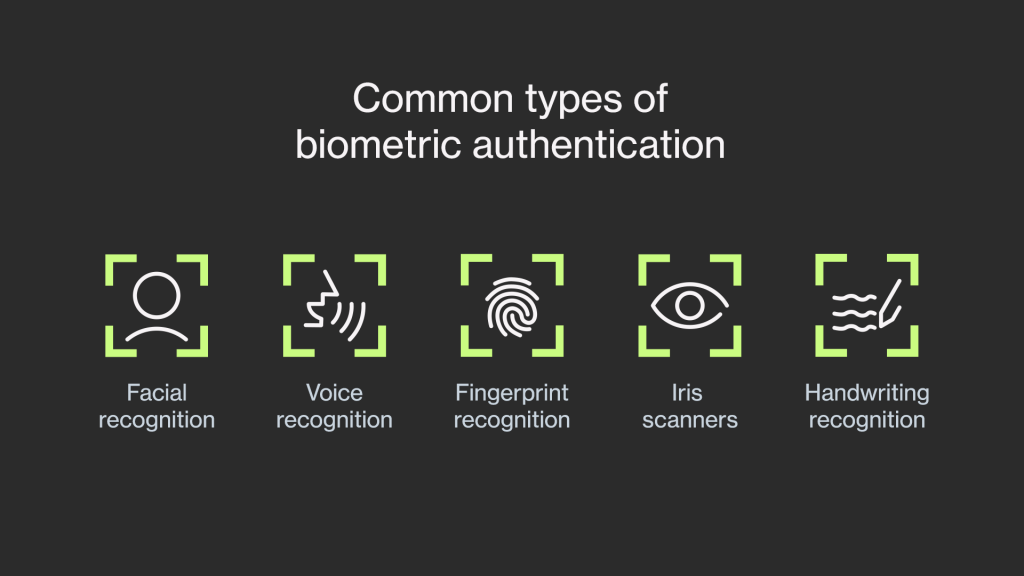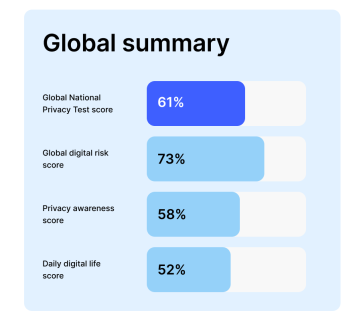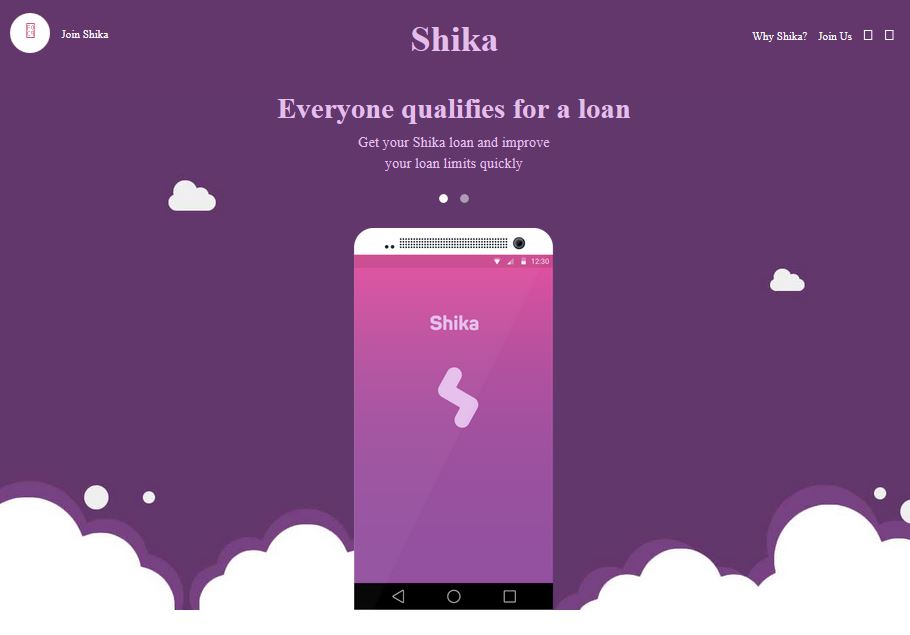The Court of Appeal judgement on 28th March in regards to the country’s migration to the digital television platform resulted to a celebration of sorts with key players in the suit (Nation Media Group, Standard Media Group and Royal Media Services – the company that owns Citizen TV) as well as Consumer lobby group COFEK declaring the verdict by the three judge bench a win for Kenyans and wrongly proclaiming that the public will be exempted from acquiring ‘expensive’ set top boxes.
Why is this a wrong proclamation?
Well, because Kenyans will still have to acquire set top boxes regardless of whether it will be done now, come September 30th 2014 or thereafter. What’s more, the cost of these approved set top boxes has also dropped to as low as KES 3,000 at the current retail price for some brands.
Consider This Scenario:
- If CCK was not the right body to issue the digital television license, who was? In Kenya, we only have a single communication regulatory body which is the CCK.
- Does this mean all the licenses that have been issued in the communications sector since the new constitution came into being are equally null and void? – this would literally throw the sector into chaos as every other affected party will then rush to court to plead their case.
- CCK is still in the transition stage to fully assume its full powers as Communication Authority of Kenya (CAK), given that according to the ruling they were not the contemplated body, who is supposed to implement the ruling?
They have no capacity to implement the judgment since:
- They were the wrong institution to issue the license and
- We are yet to see public vetting of the office holders to constitute ‘the independent body’ contemplated by the constitution free from Government, political and commercial interest.
- Procurement laws in the country dictate that there should be competitive bidding for the award of such major assignments, the ruling in this case exempted Nation Media, Standard Group, and Royal Media Services from open tendering. Why is this the case?
- This is a matter of high public interest and should be awarded to the most competitive and able bidder. Didn’t the judgment just open up room to flout procurement laws in the country?
In his dissenting opinion on the case, Mr. Justice Musinga declared that media houses investment alone could not be a justification for a single sourced award of the license detailing that their expectations couldn’t override the law.
When the industry players were developing rules setting out agreed upon guidelines by all stake holders on digital migration, there was unanimous agreement that no company involved in developing content such as what NTV, KTN and Citizen do can double up as a signal distributor. This was meant to avoid conflict of interest where an interested party in the content development sector would not face unfair treatment by their intention to use the same facilities provided by a competitor. How then would NTV, KTN and Citizen be given freehold of a signal distribution license? This is grooming ground for monopoly and will hence discourage investment in the television sector.
Someone who owns a television or radio station is in the rightful terms a ‘media owner’, there are over 100 such individuals and institutions in Kenya today. NTV, KTN and Royal Media appealed their case under the banner of Media Owners Association (MOA). Does the directive of the Court to issue the license to ‘media owners’ mean the license will be owned by all industry players and not just the three?
The Government’s intention was to roll out a phased analogue television switch off that was to be initiated in Nairobi before moving on to other cities, setting the date to September 30 means the country will be remaining with less than 9 months to meet the Global switch deadline of June 2015. Will this be adequate?
Current television infrastructure held by the media owners is the analogue technology, in the event they are awarded with the signal distribution license, will they manage to cover the whole country within 9 months? Pan Africa Networks had the widest coverage so far at 80% cover yet it has taken more than 3 years to get this far.
Will Kenya be on the wall of shame as one of the countries that will not make it to migrate by June 2015?





